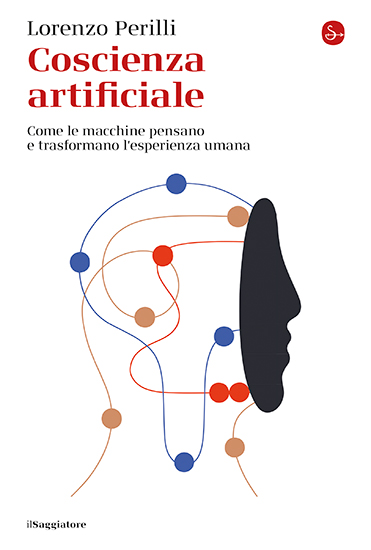Can machines think? This question doesn’t concern only the future of technology but also the profound meaning of what we define as human. Lorenzo Perilli doesn’t limit himself to exploring what AI could become but examines how its existence is already redefining our understanding of consciousness and reality itself.
Artificial consciousness examines the origins of the idea of consciousness, from ancient philosophy to modern science. Through the history of thinking machines, Perilli explores the boundaries between simulation and awareness, between learning and comprehension. Key concepts such as “imitation intelligence” and the “Turing test” are analysed, along with the neural networks and algorithms that today learn, predict, and operate. But is a system that responds in a complex way also aware of doing so? Or is consciousness something more, something that science still isn’t able to capture?
This book is a journey into the uncertain confines between human and artificial, where consciousness may cease to be exclusively human. If memory, intuition, and even emotion can be replicated, the distinction between human and artificial intelligence dissolves. Perilli invites us to reflect on our role in a world where technology is no longer an instrument, but a possible new form of existence. The question isn’t if machines will become conscious, but how this will change forever our definition of life and thought.
